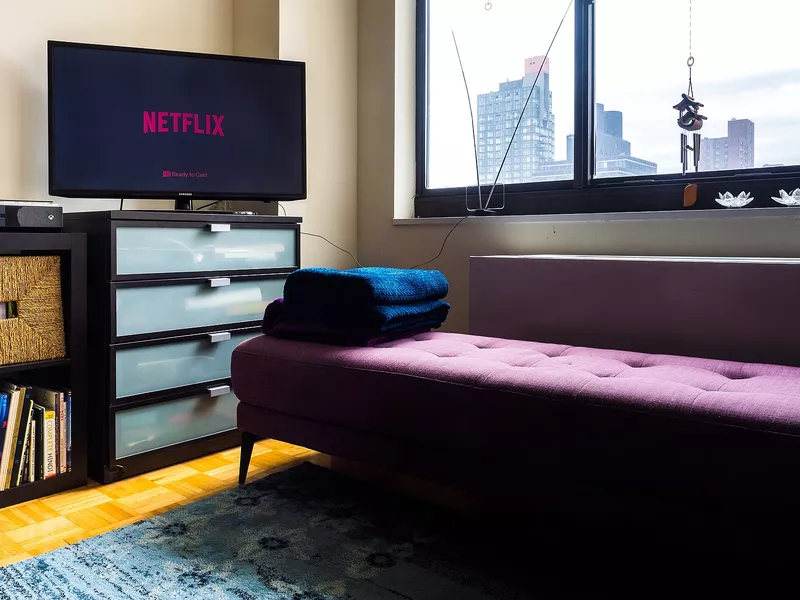What makes a company loved or loathed — is it how it treats employees and the environment or customer service practices?
Not every business fires on all cylinders all the time. In fact, the longer a company’s been around, the harder it is to be loved by everyone. Not only does a company have to meet the needs of its customers, but it also has to compete in an ever-challenging market. Peaks and valleys are inevitable.
While these companies do have good aspects, some of their practices have caused social media backlash from consumers and critics in recent years. Check out the top 25 brands we love to hate the most.
25. Hobby Lobby
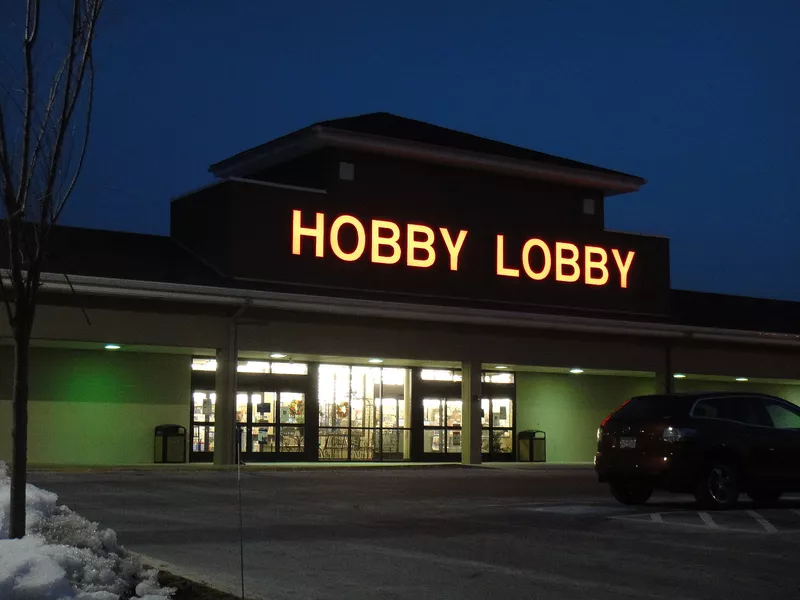
CyberXRef / Wikimedia Commons
Headquarters location: Oklahoma City, Oklahoma
Number of employees: 43,000
Bottom line: The issues that people have with Hobby Lobby are less about what’s in its stores than the controversial stance of CEO David Green. Many company CEOs leave their beliefs at the door when doing business, but Green and his company have been accused of everything from anti-Semitism to homophobia.
Also, in July 2021, the U.S. Department of Justice reported that Hobby Lobby purchased a stolen antiquity, the Gilgamesh Dream Tablet, for its Museum of the Bible and was forced to return to its home country of Iraq. This is not first the time this has happened — in 2020, it was forced to return another 11,500 antiquities to both Iraq and Egypt.
* Our ranking is based on a Rave Reviews report that studied negative brand tweets on Twitter combined with other negative comments on Facebook and Reddit in recent years.
24. Kylie Cosmetics/Swimwear

Evan Agostini / Invision/AP Photo
Headquarters location: Oxnard, California
Number of employees: 17
Bottom line: Most of the Kardashian-Jenner clan has a mind for business. Rarely do they make a misstep, but it does happen from time to time.
In September 2021, Kylie Jenner introduced her line of swimwear to the world. Instead of welcoming the designs with open arms, social media erupted with anger and disappointment. People were enraged that the suits cost so much but fit poorly and were see-through.
This is not Jenner’s first controversy. Her cosmetics line has been met with criticism for its packaging art (allegedly copied from another artist), health-threatening ingredients and poor factory conditions for workers.
23. TikTok
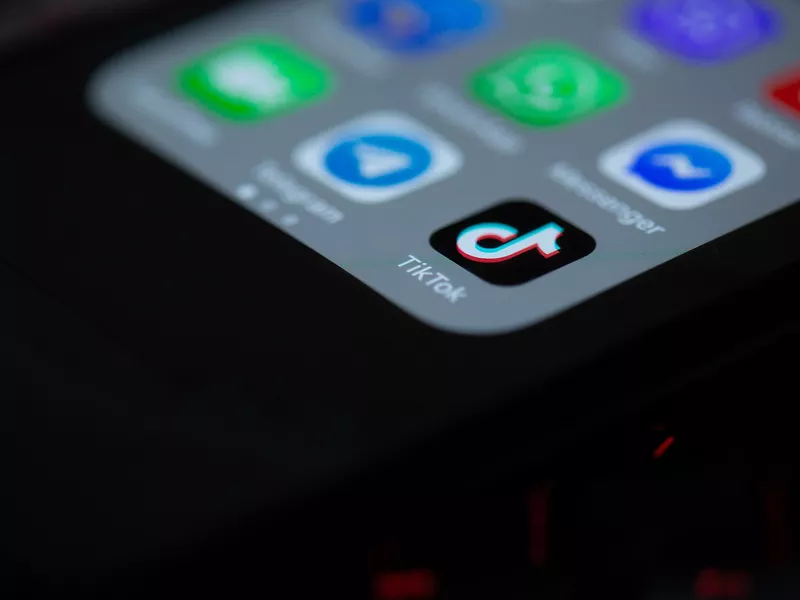
Solen Feyissa / Wikimedia Commons
Headquarters location: Shanghai, China/Los Angeles, California
Number of employees: 7000
Bottom line: While TikTok is one of the fastest-growing social media platforms, critics decry it as a time suck with no value and a lack of quality content. In March 2023, there was even a Congressional hearing about banning the app in the U.S., but it hasn't yet happened.
TikTok also appears to have a racism problem, according to a study conducted by the London-based Institute for Strategic Dialogue. It viewed three months' worth of videos and discovered a third of users promoted white supremacist viewpoints.
22. Domino’s Pizza
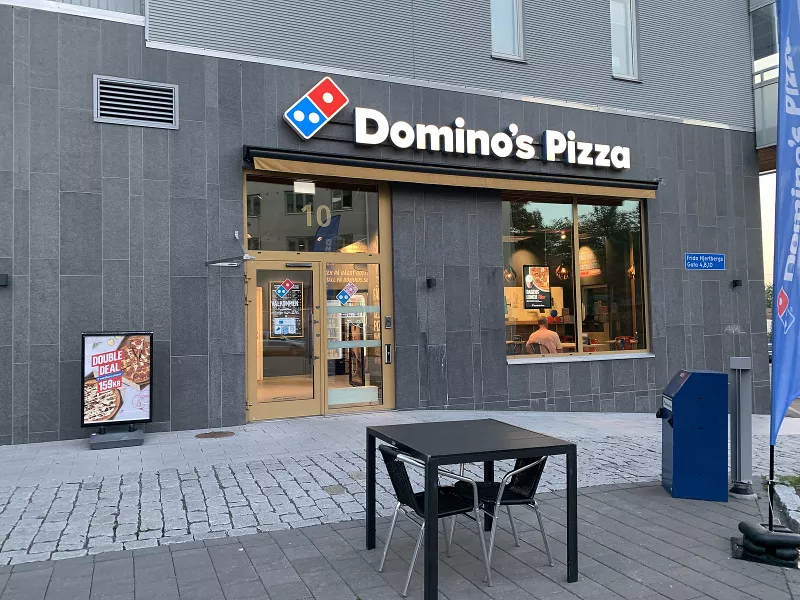
EPIC / Wikimedia Commons
Headquarters location: Ann Arbor, Michigan
Number of employees: 13,500
Bottom line: Plenty of people do love Domino’s Pizza, but they usually don’t live in places where decades-old mom and pop pizza joints have been serving delicious pies, year after year.
Critics say that Domino’s tends to prioritize speed over quality. When you need a pizza in a pinch, that’s not necessarily a bad thing, but they are probably more flavorful pizzas in your area if you take the time to look.
21. Instagram

Jessica Zollman / Wikimedia Commons
Headquarters location: Menlo Park, California
Number of employees: 450
Bottom line: Instagram is owned by Facebook, but it is still very much its own thing. Users share photos of their lives, travel, beauty tips and more, and it all admittedly looks fabulous.
However, critics say that these all-too-perfect images on Instagram wreak havoc on the mental health and self-esteem of teens who compare themselves to others and try to create a perfect image for “likes.”
20. Comcast
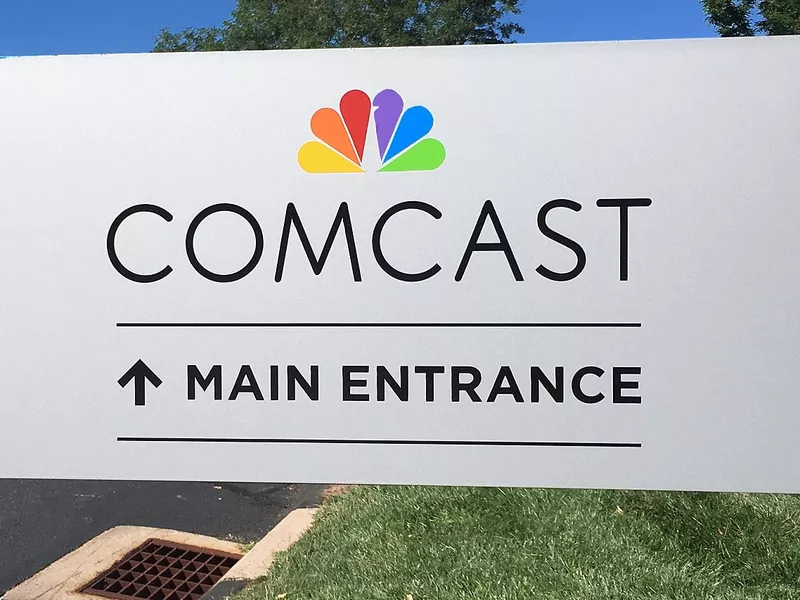
Mike Mozart / Wikimedia Commons
Headquarters location: Philadelphia, Pennsylvania
Number of employees: 186,000
Bottom line: People are cutting the cord to cable now more than ever before, and it’s not just because of the selection that streaming services offer.
Critics have derided Comcast for years due to its poor customer service, bills stuffed with hidden fees and unnecessary services, large cancellation fees, slow internet speeds and predatory pricing, among other reasons.
19. Spirit Airlines
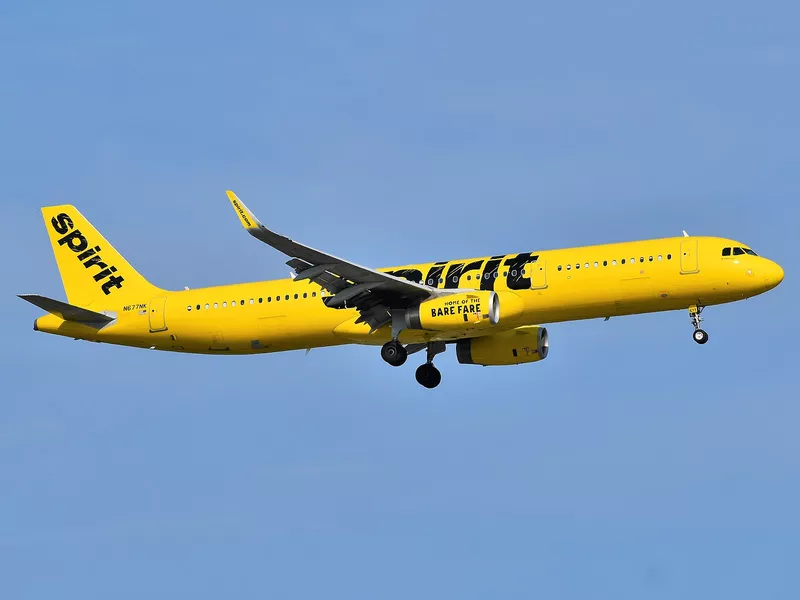
Adam Moreira / Wikimedia Commons
Headquarters location: Miramar, Florida
Number of employees: 11,107
Bottom line: No-frills airlines are great in theory and, sometimes, even in practice. Spirit, known for its bright-yellow planes and cheap fares, seems like a good idea; however, when booking their flights, passengers find they have to pay for much more than they bargained for.
Baggage fees can get pricey, and there’s even a fee to choose the seat you want. Combine the fees with lack of legroom, long bag drop lines, poor customer service and communication during delays, and you may be better off flying a more expensive carrier.
18. Amazon
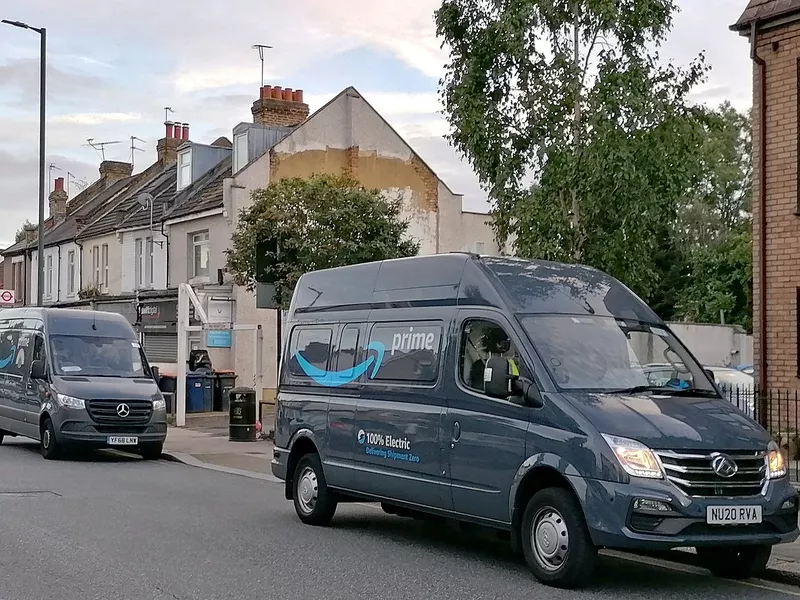
Philafrenzy / Wikimedia Commons
Headquarters location: Seattle, Washington
Number of employees: 1.54 million
Bottom line: Amazon offers a convenient way to buy whatever you need at the click of a trackpad. It was particularly useful at the beginning of the pandemic, but its critics say there is a lot to be concerned about.
The tech giant has put too many mom-and-pop stores and even some larger chains (like Sears and Kmart) virtually out of business and pays next to nothing in federal taxes. Some workers say that the company treats them like robots to the point where they are not allowed bathroom breaks, and it doesn’t pay well enough for the amount of work they are expected to do.
17. Chick-fil-A
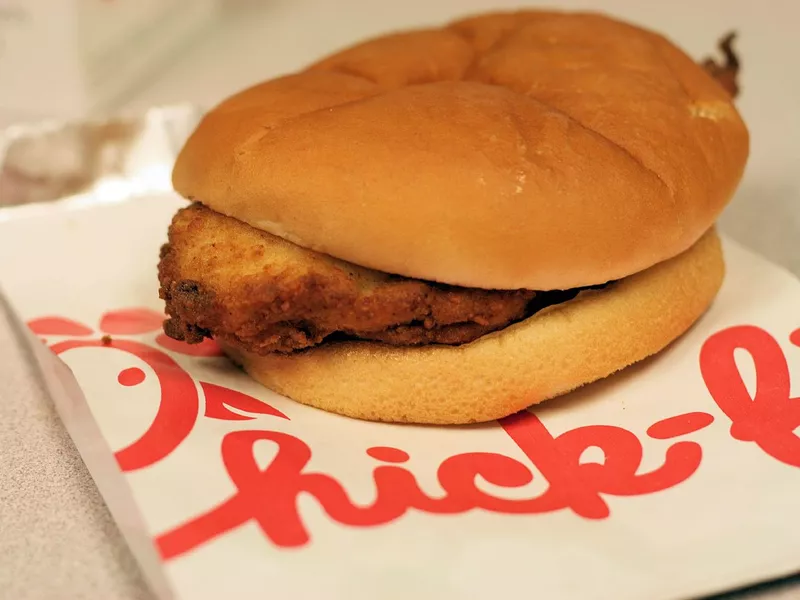
J. Reed / Wikimedia Commons
Headquarters location: Atlanta, Georgia
Number of employees: 35,574
Bottom line: Chick-fil-A has been a favorite of fast foodies for more than 70 years, but that doesn’t mean it hasn’t met its share of controversy. The restaurant was founded by S. Truett Cathy, a Southern Baptist who kept the chain closed on Sundays to "honor God."
In 2012, his son, Chick-fil-A CEO Dan T. Cathy, announced that he opposed same-sex marriages, and it was discovered that the company had been supporting anti-LBGTQ organizations. Protests and boycotts took place, and some of the company's business partners even severed ties.
16. Philip Morris

Olivia de Salve Villedieu / Wikimedia Commons
Headquarters location: Richmond, Virginia
Number of employees: 69,600
Bottom line: The country’s attitude towards smoking has changed over the past three decades with fewer and fewer people taking up the habit. However, that doesn’t mean Philip Morris is going away anytime soon.
It’s hard to believe today, but the company covered up what it knew about the dangers of addiction to tobacco products for decades just to make a profit. It has marketed advertisements to younger and younger consumers and — with the use of tobacco on the decline — it has now set its sights on e-cigarettes, which are more popular with a younger demographic.
15. Facebook (Meta)
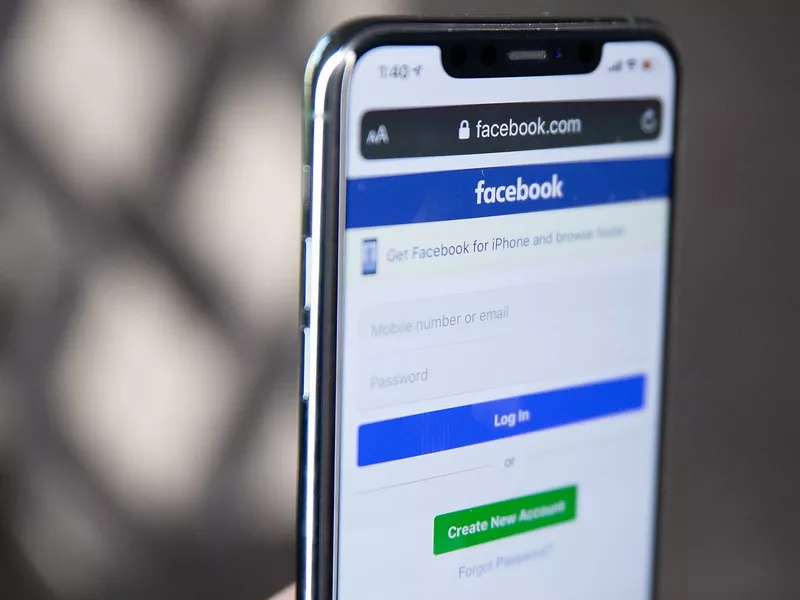
Solen Feyissa / Wikimedia Commons
Headquarters location: Menlo Park, California
Number of employees: 71,970
Bottom line: Once a fun way to keep in touch with high school friends and share photos of meals, Facebook is now believed to have more negative effects on society than most other brands on this list.
The company has come under fire for its data collection techniques as they relate to privacy, hate speech, misinformation and frauds through its marketplace. Critics also decry the site for failing to address bullying, mental health issues and addiction.
14. Coca-Cola
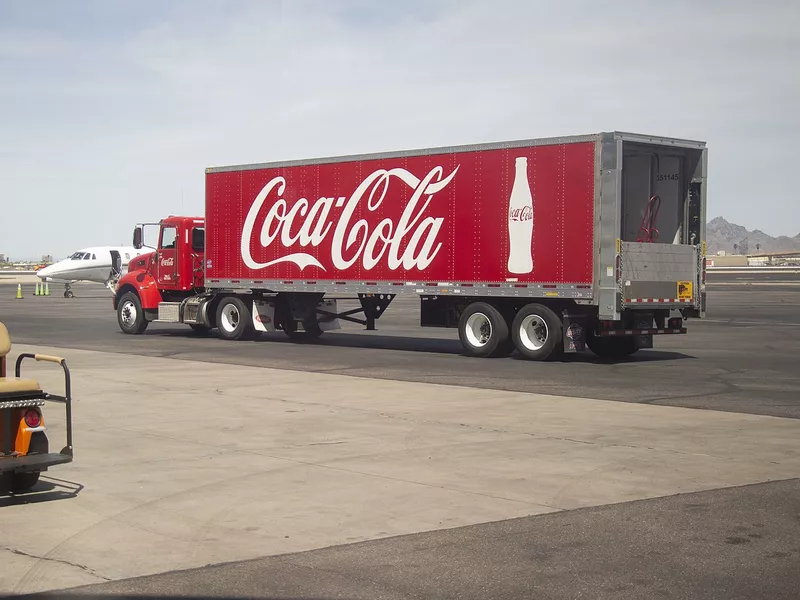
Hayden Soloviev / Wikimedia Commons
Headquarters location: Atlanta, Georgia
Number of employees: Approximately 79,000
Bottom line: Coca-Cola has been iconic since its inception in 1886, but it’s also been criticized since day one. It’s true that its initial recipe called for cocaine, and by the 1890s, people were already speaking out about its addictive ingredients.
Coke weathered a few storms over the years but remained the preferred soft drink for decades. In 1985, it tried to reintroduce a new formula to the market to keep up with Pepsi during the "Cola Wars." Customers weren’t happy with the change, and the company reverted back to its original formula fairly quickly.
Today, Coke has more than 500 products under its banner, but the company still courts controversy. Attitudes toward soft drinks and their health effects have changed, and the company has been criticized for its stand on the environment, animal testing and questionable business practices.
13. Google
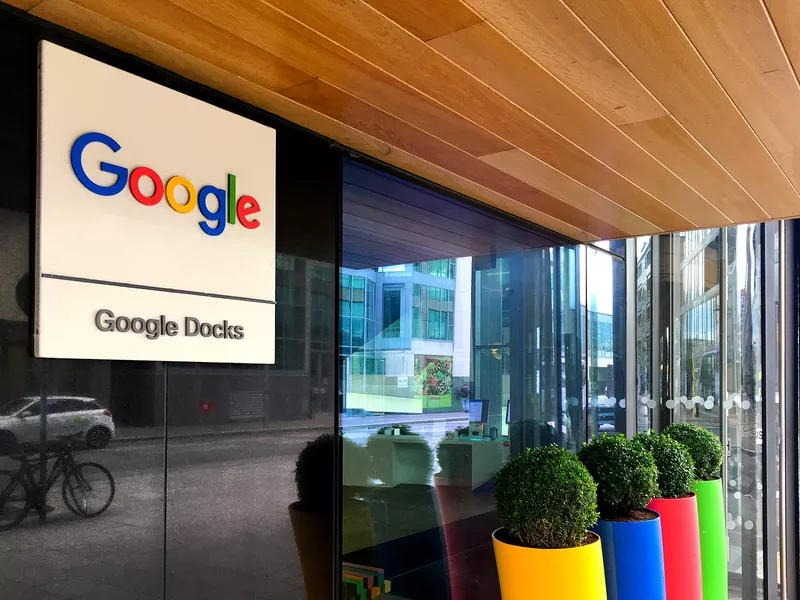
Outreach Pete / Wikimedia Commons
Headquarters location: Mountain View, California
Number of employees: 178,234
Bottom line: Google, of course, is easy to use to the degree that its name has become a verb (i.e., "googling.") In its most basic form, it’s a powerful tool to have at your fingertips, but the company has been accused of privacy issues through its compilation of data, manipulation of search results, copyright issues, censorship and even tax avoidance.
Searching Google is also sometimes unsafe — some search results can bring viruses, malware and more to an unwitting user.
12. Dollar General

Random Retail / Wikimedia Commons
Headquarters location: Goodlettsville, Tennessee
Number of employees: 158,000
Bottom line: While many retail giants have closed their doors, Dollar General and other dollar stores like it have thrived, but there is a human cost. Complaints from consumers and employees alike state that some of the stores have vermin infestations, rotting food on shelves and exposed electrical wiring, among other dangers.
Workers have also had to fend off shootings, stabbings, assault and theft for little pay. On top of everything else, the prices are said to be going up for consumers.
11. Gamestop
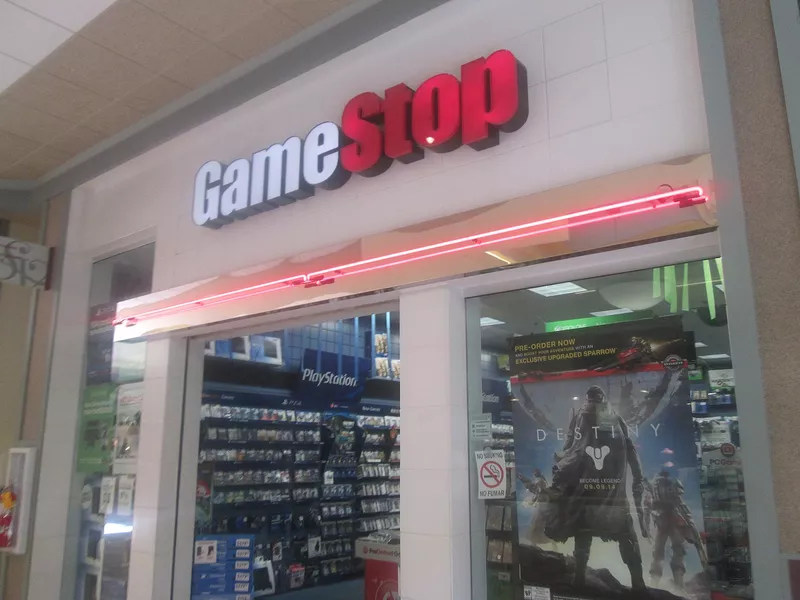
Random Retail / Wikimedia Commons
Headquarters location: Grapevine, Texas
Number of employees: 11,000
Bottom line: Gamers have loved to hate Gamestop for years — it never really caught on among its core demographic. They have a laundry list of complaints, which include questionable selling tactics (for example, selling already-opened games as new) and how they treat their employees.
Staffer performances are tied to how much they sell, which leads to customers feeling the heat to make a purchase. Game companies aren't crazy about it either — the purchase of pre-owned games didn’t allow them to make any profit from their creations.
10. Apple
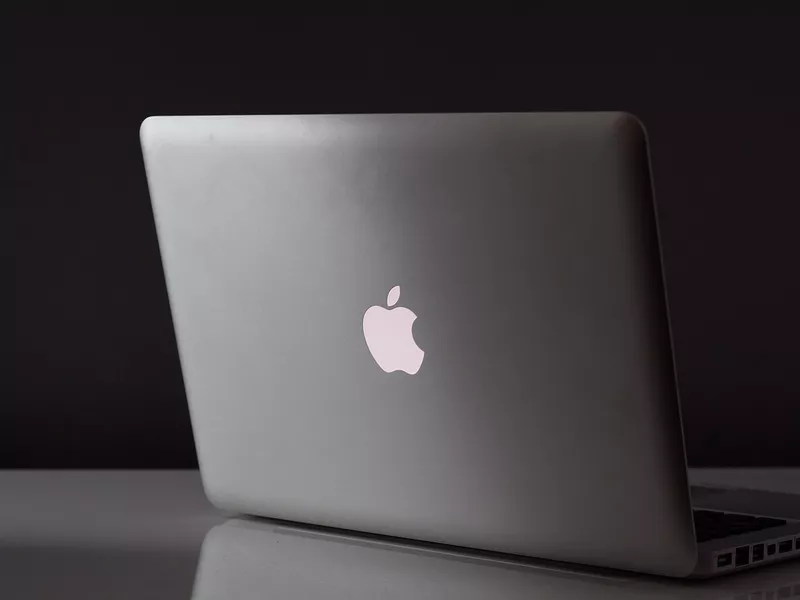
Marcin Nowak / Wikimedia Commons
Headquarters location: Cupertino, California
Number of employees: 164,000
Bottom line: Apple users can’t live without their iPhones, Macbooks and iWatches, but those that can dislike Apple for the expense of their products and their limitations, from working with only other Apple-designed products to changing charging and attachment ports with every iteration of the phone or computer you’re buying, forcing the need for new accessories.
Apple has also come under fire in recent years for its partnership with China’s Foxconn, the factory where many of its products are built. It’s alleged that Apple has long ignored the health and well-being of Foxconn factory workers, some of which have been driven to suicide due to poor labor conditions.
9. McDonald’s
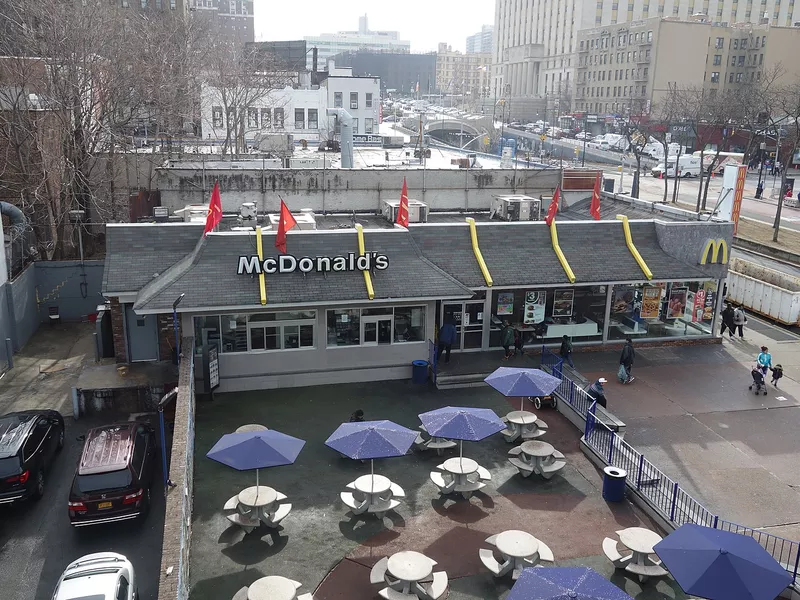
Tdorante10 / Wikimedia Commons
Headquarters location: Chicago, Illinois
Number of employees: Approximately 200,000
Bottom line: Eating at McDonald’s is a right of passage for every kid, but the fast-food giant isn’t as influential as it once was. As the population has become more informed about making better food choices, McDonald’s has come under fire for use of cheap ingredients and preservatives, placing quantity over quality to increase its profit margins.
The company is trying, however, to meet customers’ changing tastes — it tests newer, healthier food options all the time and is looking at serving more plant-based options.
8. Tesla
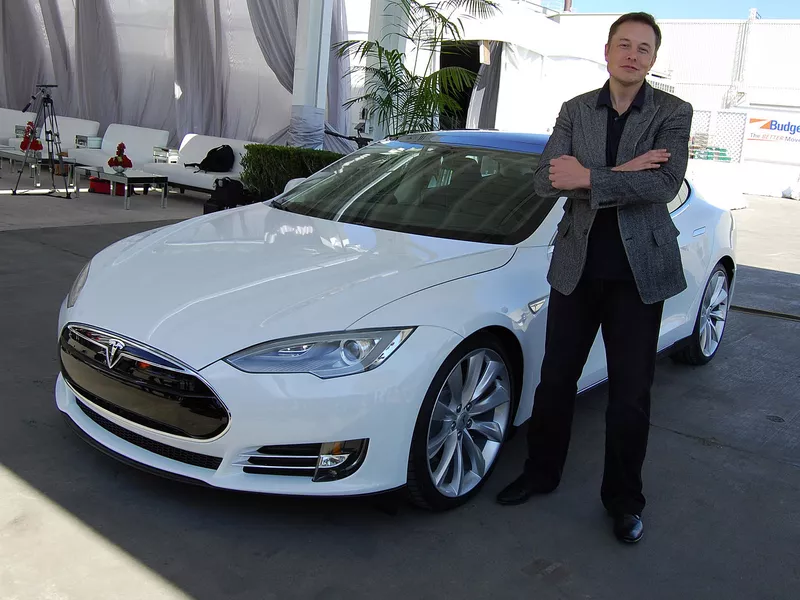
Maurizio Pesce / Wikimedia Commons
Headquarters location: Palo Alto, California
Number of employees: 127,855
Bottom line: While Tesla owners usually love their cars, they are not fans of Elon Musk or the company overall. Musk, one of the richest people on the planet, has been accused of taking advantage of employees, violating labor laws and discouraging unionizing among workers.
The company has also had complaints of gender and race discrimination, homophobia and sexual harassment. The long hours and stress don't help either.
7. Starbucks
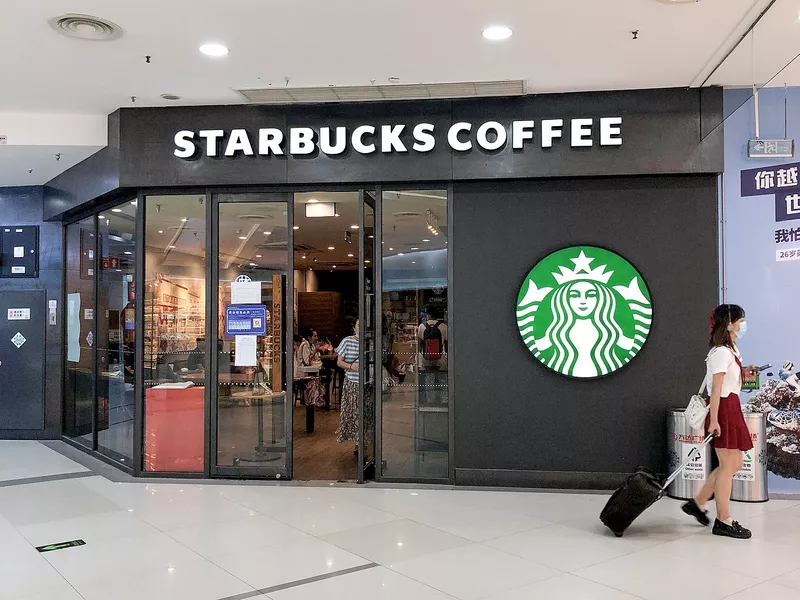
N509FZ / Wikimedia Commons
Headquarters location: Seattle, Washington
Number of employees: 402,000
Bottom line: Starbucks is the McDonald’s of coffee, which may or may not be a good thing, depending upon your palate or expectations. Coffee connoisseurs really hate the taste — to make it consistent, it’s sometimes almost burnt. Coffee drinks can also be very unhealthy with too much sugar.
That's not to mention that Starbucks has put smaller, better mom-and-pop coffee roasters out of business in most places and is said to wreak havoc on the environment — its customers use up 4 billion paper cups a year, most of which end up in the trash and not recycled.
6. ESPN
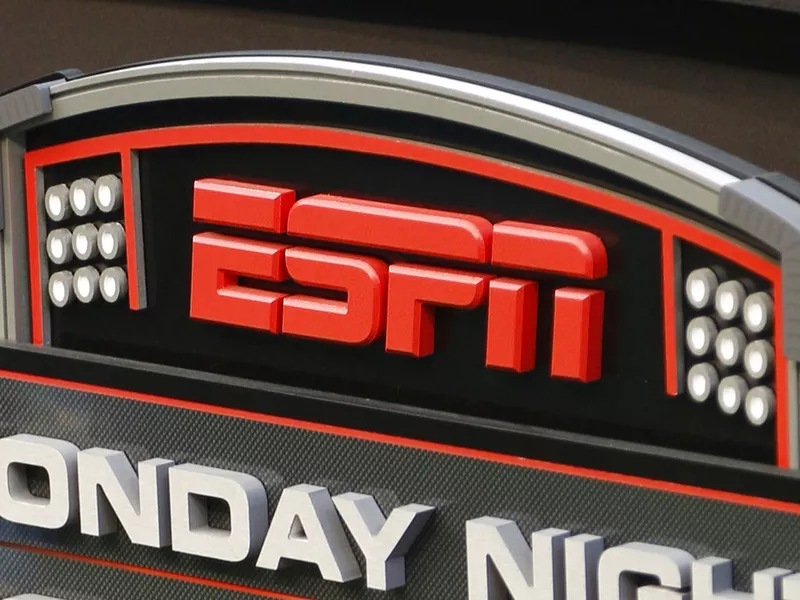
David Kohl / AP Photo
Headquarters location: Bristol, Connecticut
Number of employees: 4,600
Bottom line: The #MeToo era has not been good to ESPN. After all, this cable sports channel gets a lot of criticism for focusing too much on men's college and professional sports as opposed to women's sports. That's not to mention the controversies around individual broadcasters and analysts who have been slammed for sexist, racist and homophobic opinions.
With about 86 million television households in the U.S., ESPN's journalistic integrity has also been called into question, noting biased opinions and conflicts of interest on multiple occasions.
5. Nestlé
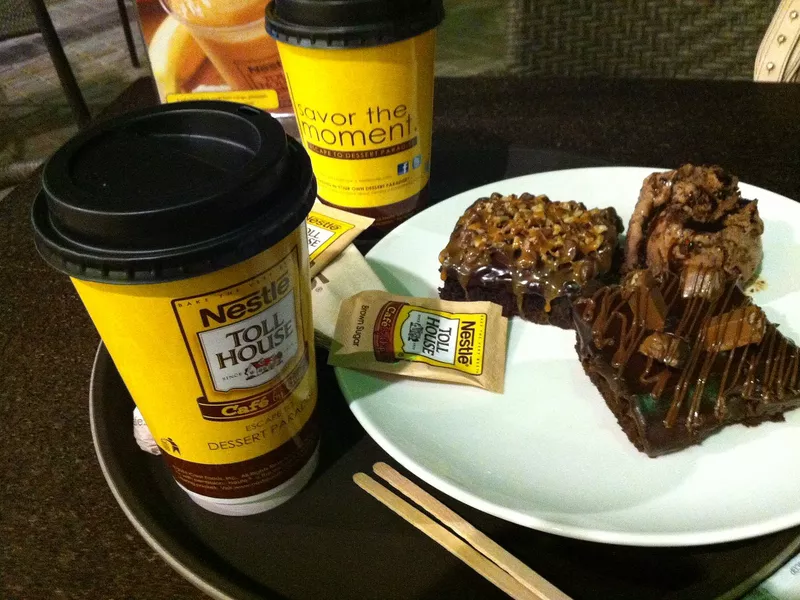
Saroona1989 / Wikimedia Commons
Headquarters location: Vevey, Switzerland
Number of employees: 275,000
Bottom Line: For most of us, Nestlé is reminiscent of the delicious chocolate of our childhoods, but the Swiss multinational, which makes up to 8,000 food products, has been scrutinized over everything from poor labor practices (including child labor) to environmental violations.
Plus, Nestlé is the largest bottler of water in the world. In 2021, the state of California sent a cease-and-desist order to the company accusing it of taking more water from the state during a drought than it was entitled to. Its CEO recently called the idea of water as a human right “extreme.”
4. Netflix
Headquarters location: Los Gatos, California
Number of employees: 12,800
Bottom line: Streaming has really come into its own in recent years, but that doesn’t mean it doesn’t have detractors. Netflix (and other streaming services) have led us to be couch potatoes more than ever before. Now, instead of waiting a week for the next episode, binge-watching them all in one sitting has become part of the cultural lexicon.
The prices for Netflix have also gone up with the introduction of original programming. This, too, has been met with controversy, as some viewers insist the company’s programming is violent, overtly sexual or simply offensive.
3. Lego

Noah Wulf / Wikimedia Commons
Headquarters location: Billund, Denmark
Number of employees: 24,484
Bottom line: Kids love Legos — their parents, not so much. Legos have been around for over 70 years, and there was a time we played with them, too.
However, back then, we were solely relying on our imagination to build things. Today, Lego has multiple tie-ins to other companies (Marvel and Disney among them) for pricier sets, which many parents believe rob kids of their ability to create from scratch.
Also, if you’ve ever stepped on a Lego, you know it can be deadly!
2. Uber
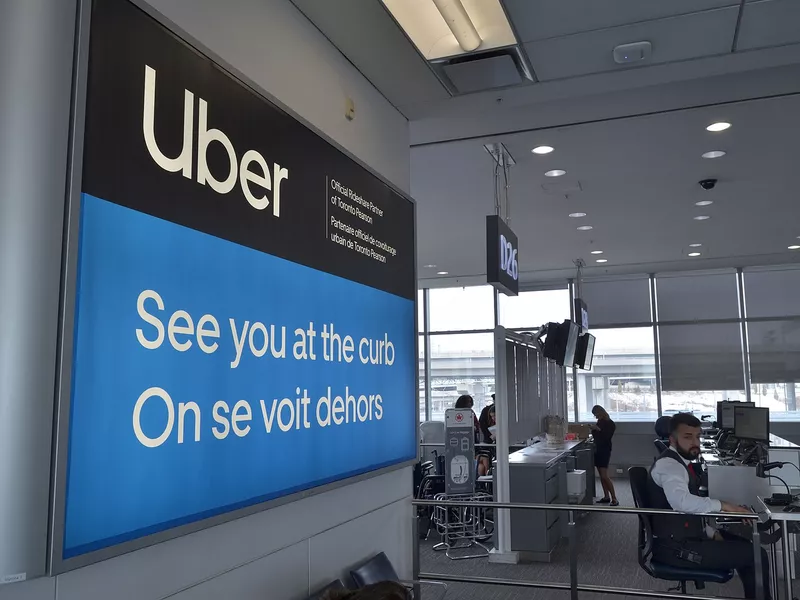
Raysonho @ Open Grid Scheduler / Scalable Grid Engine / Wikimedia Commons
Headquarters location: San Francisco, California
Number of employees: 32,800
Bottom line: Sure, Uber and other rideshare apps are easy to access in places where taxis are practically non-existent, but their aggressive expansion plans have led to questionable practices for the rideshare app.
People allege Uber has not only skirted labor laws and safety regulations but also bullied competitors and put its drivers in harm's way. On top of that, the prices that Uber promised would stay relatively low have increased significantly in certain areas, as have the wait times.
1. Wells Fargo
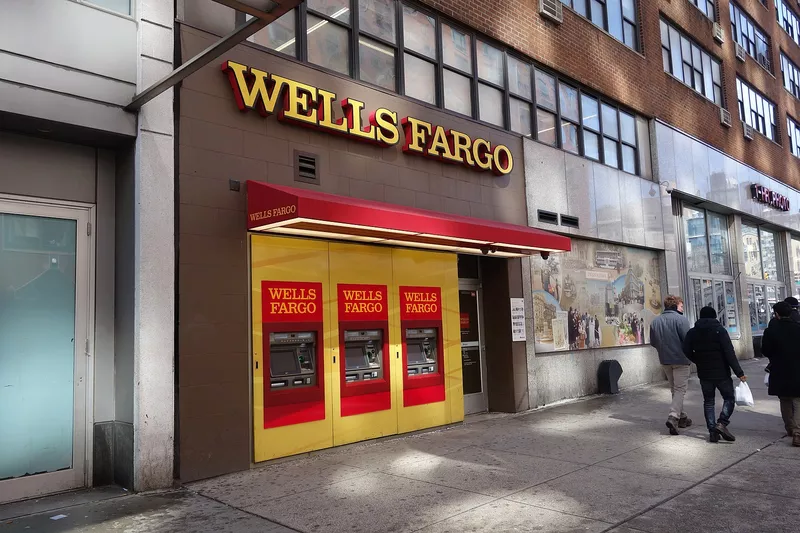
Tdorante10 / Wikimedia Commons
Headquarters location: San Francisco, California
Number of employees: 238,698
Bottom line: Wells Fargo has been around since 1852, and as one of the biggest banks in the country, it has bank locations and ATMs pretty much everywhere.
However, the bank has come under scrutiny in recent years for a number of reasons. Its overdraft fees are high, but more importantly, its employees have been found to engage in illegal practices for nearly two decades, from overcharging customers to opening fake accounts, improperly repossessing cars and foreclosing on homes.

